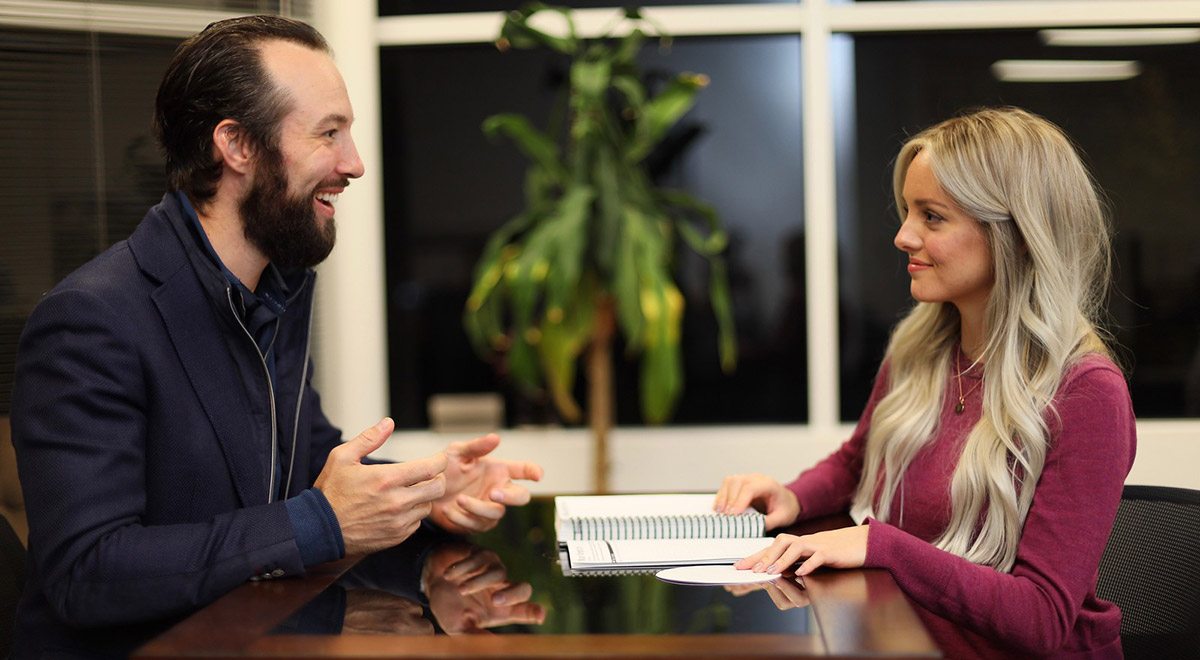Dianetics Fundamentals Explained
Dianetics Fundamentals Explained
Blog Article
The Basic Principles Of Dianetics
Table of ContentsSome Known Incorrect Statements About Dianetics The Of DianeticsDianetics - An OverviewGetting The Dianetics To Work
I couldn't ever not want to get anything that enters your mind for you- if it was or else, I would not be sitting right here with you, doing this. I not just could never have a problem, or otherwise want to hear something that enters your mind for you, yet I'm completely anxious to understand every concept, every thought, every image or feeling that arises or manifests for you- do not ever before assume or else, and if for one reason or another you do, please simply let me recognize! Often, you may have a thought, and image, idea or event appear that does not seem to address the question, or associate with it, yet nonetheless, constantly do tell me concerning it, and as we proceed, the relevance will certainly emerge for you.This is fundamental in the basis of processing, and the subject of this conversation: the basic duties of the therapist and the client: The fundamental function of the therapist is, as opposed to "conventional training", not to regulate, which implies to impose and/or prevent, yet to rather function from the basis of EMPOWERING THE CLIENT.

Not known Facts About Dianetics
John Mcmasters shared this fundamental truth wonderfully well in among his talks on Power handling, in which he describes how he was asked what this "unique knack" was that he had for giving such excellent sessions; he needed to assume about that for a moment, and detected that it was what he had not been doing, along with what he was doing: he wasn't evaluating, judging, computer, or in fact, generating any kind of thoughts, let alone spoken expressions, after offering the command and while awaiting the computer to finish their solution to their contentment; he was, merely and only, existing with the computer, and entirely interested.
The duty of the counselor, showed; that was his "special propensity". I have actually had my very own experience which showed me this well, really beforehand in the video game. In 1982, having recently finished my training and internship on New Period Dianetics, I was running this on a COMPUTER, and there was a factor in the session where (being a little bit wet behind the ears not yet having several hours under my belt as a specialist auditor) the computer seemed to be "taking too lengthy" to share anything verbally after I provided him a command.
This trick became one of the most useful contribution that John ever before made to the subject of treatment or bookkeeping (Dianetics). In my modest opinion, it is the best payment that any person has ever made to these subjectsthe application is totally non-judgemental, non-evaluative, and lacking any kind of tip, advice or opinion.no preconceived program for people, or 'degrees' that they must do
In Idenics, the only resource of info regarding a client is the specific client. In Scientology we prided ourselves on not assessing for individuals. All that truly suggested was that the auditor did not VERBALLY assess for the Computer in session. The registrars and ethics police officers assessed for the PC.
The Basic Principles Of Dianetics

Any individual who had actually ever before seen John audit can not assist however observe a distinct top quality in his bookkeeping."The client's standard role is to be there with the purpose of relocating in the direction of their spiritual goals, and to easily and completely express and experience whatever shows up for them in responding to the concerns and performing the instructions in the processing.
This is something to procedure as required. Additionally, people regularly have prior experience and/or indoctrination in auditing/processing which, this link in some means, and to some degrees, in fact deceives them into mindsets, concepts and actions patterns that protect against the full realization of these duties, and so they will certainly often tend to prevent the expressing of what comes to mind, as in the instances provided above - Dianetics. * The initial, and perhaps leading examples of mis-indoctrination resulting in less than completely smooth and efficient sessions, can be located in specific aspects of the training regimens, or "TR's":"TR's" are commonly an individual's initial, or a minimum of early, experience in Scientology, and while my sources I will certainly take place to discuss what I see as the defects in concept and method, however, tend to be substantially therapeutic, done as they are provided (Hubbard firmly insists that "TR's are not processing, they are educating", but factually, they are both handling AND training)
Alan Walter made similar observations, and improved these with his "Presence Processes". There is no "failing", and no denial of the reality of this being processing. The focus, as it must be, is on experiencing the various other individual's existence. All the indications which obtain a "fail" in doing "TR-0" are just the being's efforts to withstand the other person's visibility, and rather than being bothered and pestered with "Flunk", which imposes "failing!" on the being, one just needs to be urged to "stick their feet in the water a little much deeper", to significantly rehabilitate their capability and willingness to totally share and experience "being below", or "existence", with others.
Getting My Dianetics To Work

Report this page